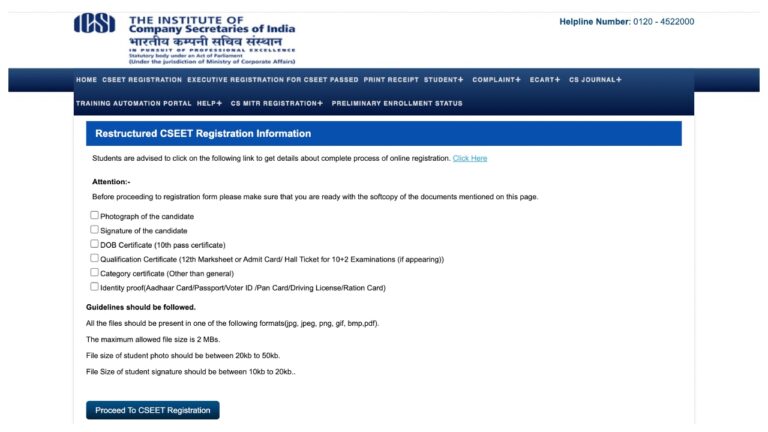They hardly require any cooking or baking skills: ready meals. They are practical, time-saving and popular. For those who eat alone at lunch or dinner, there are practical single sizes. For those with intolerances, there are special products. Are ready meals also healthy? Imaginative names and countless seals are misleading. They conceal a high content of sugar, salt, preservatives, and additives that have negative effects on health. Let’s find out together how you can eat better and healthier.
The most important things in brief
- Ready meals are pre-prepared meals that only need to be warmed up before consumption.
- A variety of ingredients in ready meals have a negative impact on health
- The degree of processing of a food is not always easy to determine
A healthy and balanced diet with fresh foods is important for well-being and a healthy body weight
Why are ready meals unhealthy?
Highly processed foods often contain a loss of vitamins. A large number of ingredients are needed to ensure consistent taste, consistency, and long shelf life. The proportion of inexpensive raw materials such as sugar and wheat is usually particularly high. Ready meals are also heavily salted.
Salt
Eating a lot of salt can lead to high blood pressure or cardiovascular problems. The kidneys, which excrete excess salt, are also put under strain.
Sugar
Sugar increases the risk of tooth decay, obesity and diabetes.
Wheat
Wheat itself is not unhealthy. However, heavily processed wheat flour, such as in toast, increases the risk of obesity, as blood sugar and insulin levels quickly drop again after consumption, causing hunger again.
Unhealthy saturated fatty acids
We also know saturated fatty acids as “bad fats”. When consumed in moderation, they fulfill important functions in the body. When consumed in large quantities, they often increase cholesterol levels . This increases the risk of cardiovascular problems.
Preservatives
Preservatives make food last longer by preventing the growth of bacteria and mold. They are often hidden behind an E number in the ingredients list. Preservatives are generally harmless to health, but some people are sensitive to them.
Artificial flavors
Artificial flavors do not occur naturally in food. Food producers add chemically produced substances to the products. In this way, the flavors mask the taste of a cheap raw product and make it seem more refined and tastier than it actually is. There are thousands of approved flavors. These only include flavors that are classified as harmless to health. However, the data is patchy.
phosphate
Phosphates occur naturally in all foods. We need phosphates to build our skeleton, teeth and tissue. Europeans now consume 30 percent of their phosphates through additives, for example as binding agents or stabilizers. They are also found in sausage and cola. If you consume too much of them, you can damage your kidneys.
Empty calories
Calories are a unit of measurement for the energy content of food. Calories are “empty” if the food contains hardly any valuable nutrients such as vitamins and minerals other than energy.










